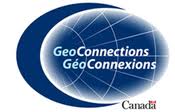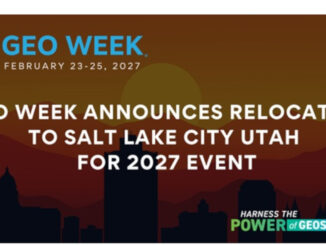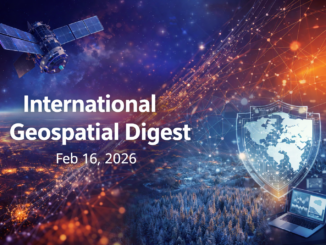

The Canada Centre for Mapping and Earth Observation invites you to attend the Arctic Spatial Data Pilot Demonstration Webinar. Managed and organised by the Open Geospatial Consortium (OGC), the Pilot is sponsored by NRCan (Canada Centre for Mapping and Earth Observation) and the US Geological Survey.
The webinar will take place on March 15th, 2017 from 10:00 to 12:30 pm EDT. To join the online meeting, go to: https://attendee.gotowebinar.com/register/8505272577554855169.
The Pilot was initiated to demonstrate the diversity, richness and value of providing geospatial data using International standards in support of spatial data infrastructures[1]. It will show how they help stakeholders to gain new perspectives into social, economic, and environmental issues by providing an online network of resources that improves the sharing, use, and integration of information tied to geographic locations in North America, the Arctic, and around the world.
Over a year ago, the OGC issued a Request for Information and Request for Quotations (RFQ). RFQ participants include: Canadian Organisations (Compusult, ECERE, ESRI Canada, and Pyxis), American Organisations (George Mason University, National Geospatial-Intelligence Agency), Luciad from Belgium and Polarview (Cubewerx Canada and University of Colorado) as well as OGC technical, communications and project management staff.
During the demonstration, pilot’s participants will present world class standards implementation on climate change scenarios by showcasing applications, tested geospatial data feeds, and technologies in the Arctic context. The Pilot’s scenario focuses on food security for Northerners and Indigenous Communities while analysing the impact of climate change on migration routes (polar bears, caribou, geese, whales) and increasing ship traffic.
The project supports US and Canada domestic priorities around open standards and interoperability. The project supports the strategic goals of the Arctic Spatial Data Infrastructure (Arctic SDI), a voluntary, multilateral cooperation between the 8 Arctic Countries’ National Mapping Agencies (including USGS and NRCan). It has enabled conversations between Arctic Council (Conservation of Arctic Flora and Fauna Working Group), Inuit Circumpolar Council, national and international data stakeholders.
We are looking forward to your participation and interest in this initiative.
—————————————————
GeoConnections | GéoConnexions
Canada Centre for Mapping and Earth Observation | Centre canadien de cartographie et d’observation de la Terre
Natural Resources Canada | Ressources naturelles Canada
560 Rochester Street | 560 rue Rochester
Ottawa (Ontario) Canada K1A 0E4
Email | Courriel : [email protected]
[1] A spatial data infrastructure provides a rich data sharing environment for data distributors to publish in a standardised manner, thus enabling analysts easy access and methods to combine diverse sources of information.




Be the first to comment